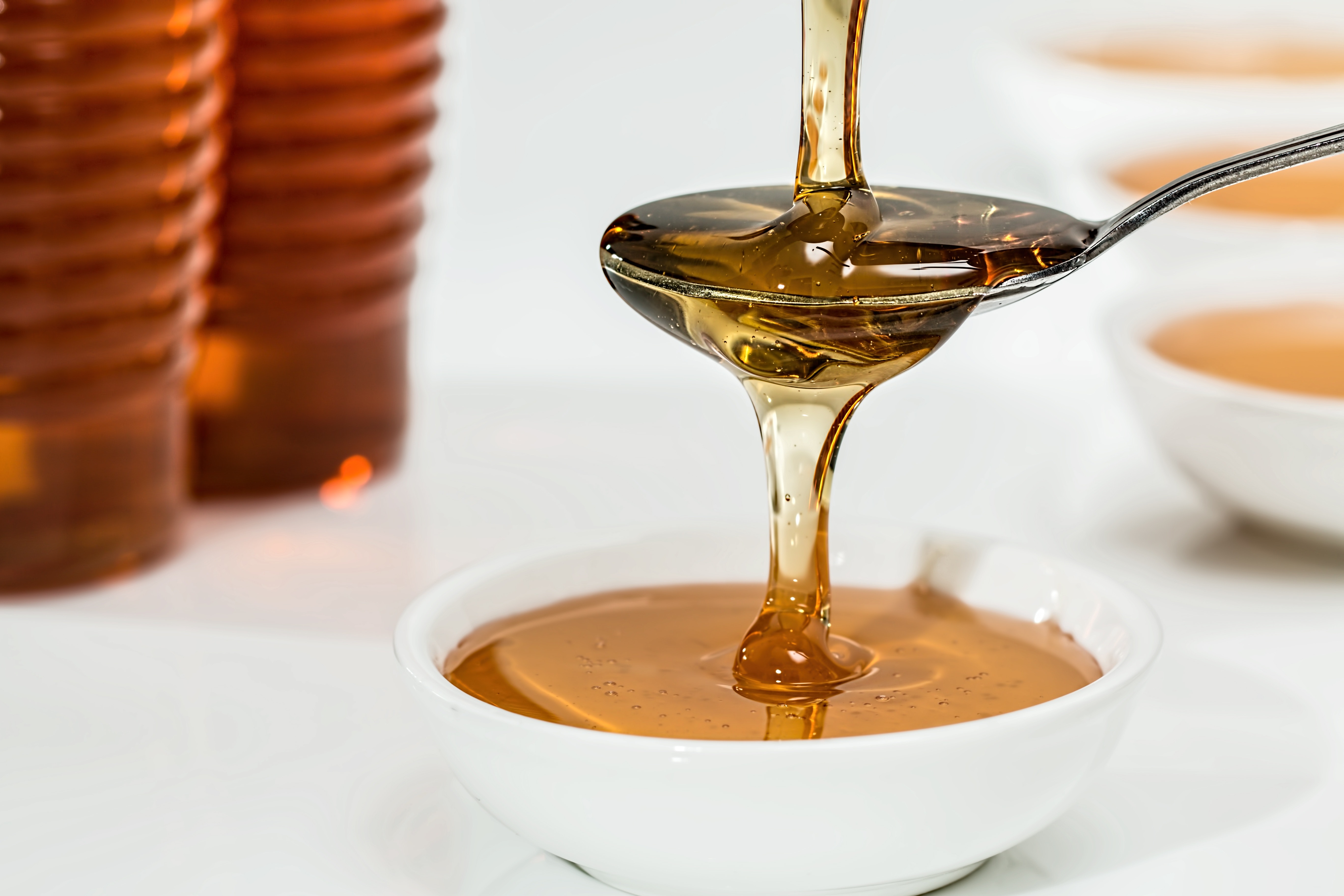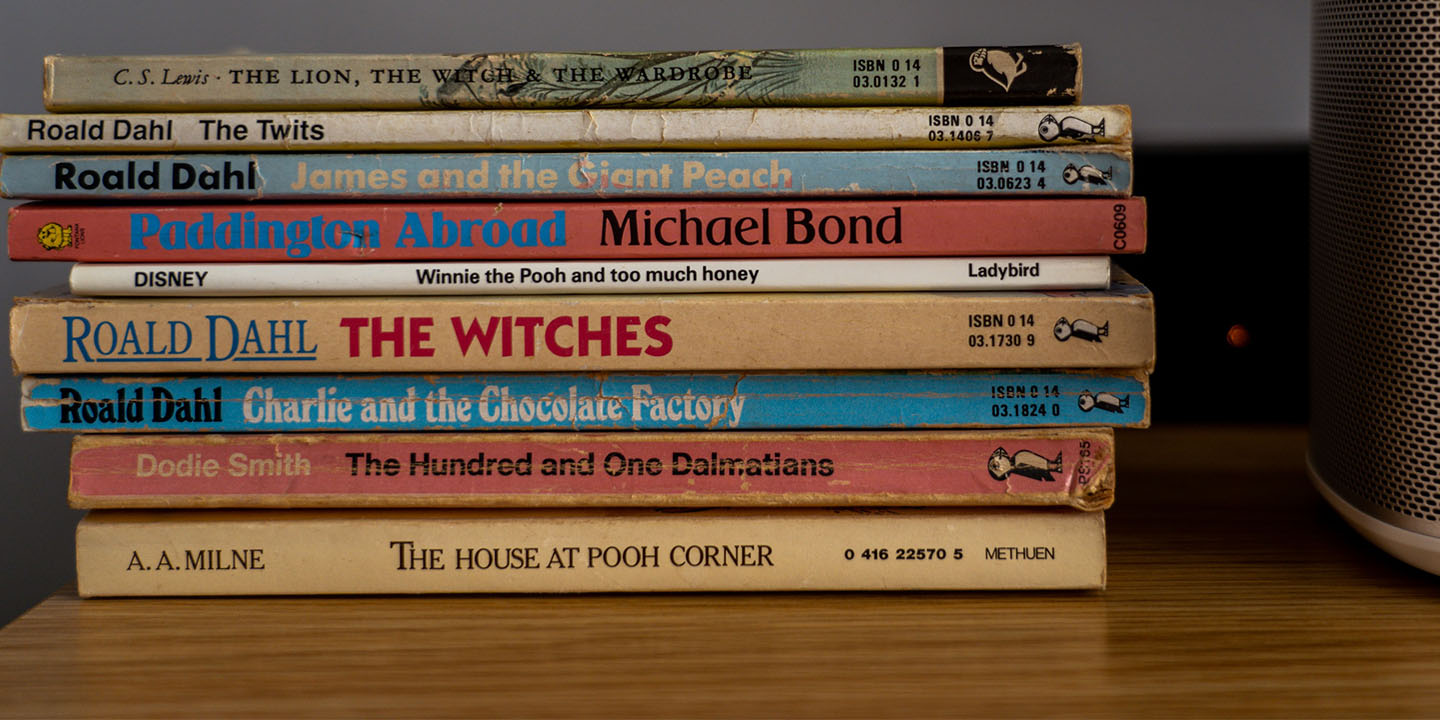As parents, we want the best for our children, constantly striving to provide them with a healthy, nutritious life. However, in their first year of life it’s important that you’re cautious about what you’re giving them. Honey, one of the most natural forms of sweetener, may seem like an innocent choice with its natural sugars, many antioxidants, and a distinctive, pleasing taste. However, despite its widespread usage and numerous benefits for older children and adults, honey is not suitable for infants. Here, we explore the reasons why you should not give your baby honey until they are at least a year old.
First and foremost, the primary risk lies in the presence of a type of bacteria called Clostridium botulinum. This bacterium produces toxins that can cause botulism, a rare but serious illness characterized by muscle weakness and difficulty breathing. Importantly, the spores of this bacteria are naturally occurring and can be found in regular old soil and dust. The danger arises when these spores find their way into honey, which can happen quite often because of the ways in which honey is harvested and processed naturally.
For adults and older children with mature immune and digestive systems, consuming these bacterial spores poses little to no risk. Their systems are strong enough to prevent the bacteria from growing and producing toxins. However, an infant's digestive system is still developing and is not equipped to handle the growth of Clostridium botulinum. The spores can germinate in an infant's immature gut, producing toxins which lead to infant botulism. The symptoms include constipation, weak cry, poor feeding, and a generalized weakness, often progressing to life-threatening paralysis if left untreated. While the condition is rare, the repercussions of infant botulism can be severe and long-lasting, so it’s best avoided altogether.
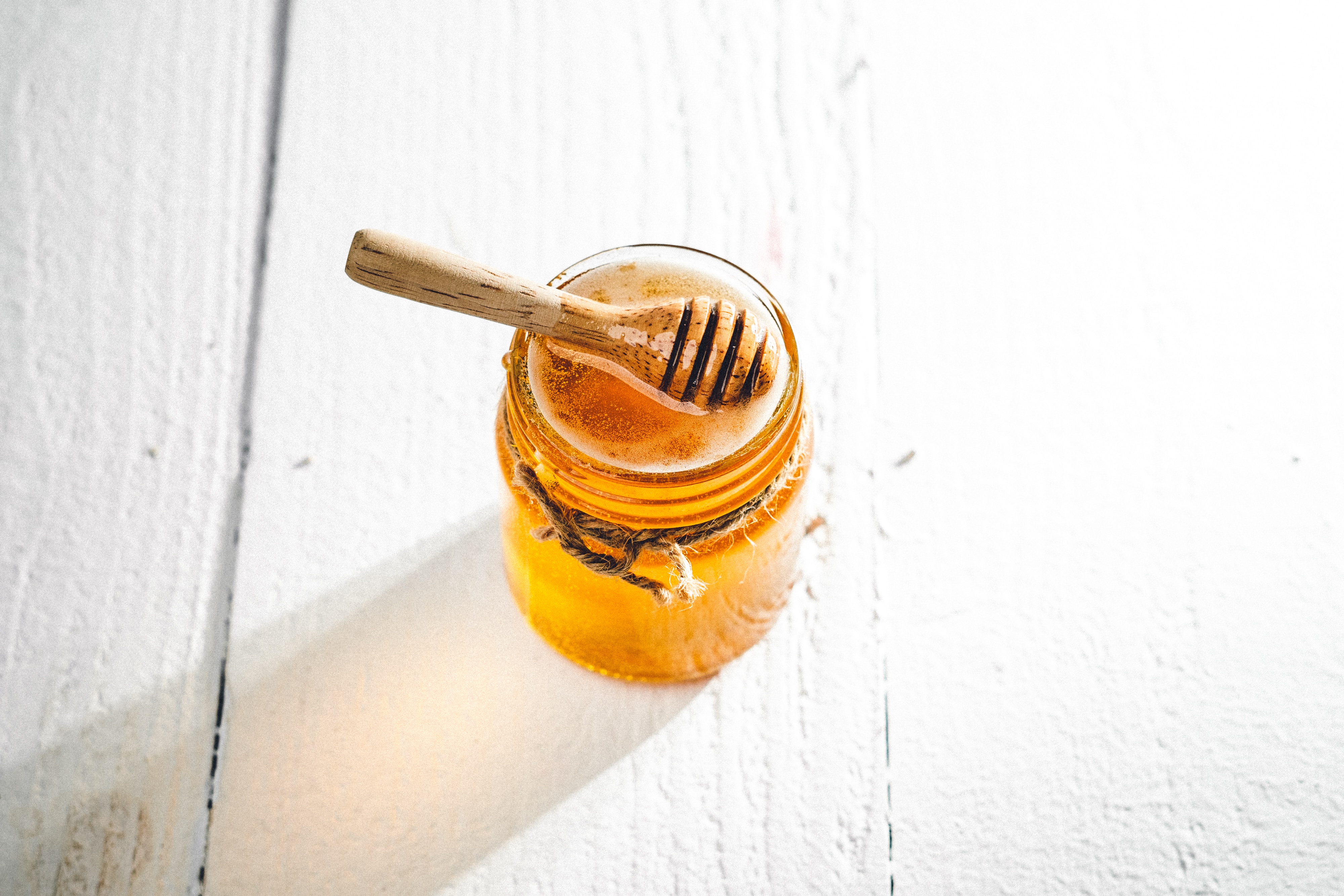 Photo by Art Rachen on Unsplash
Photo by Art Rachen on Unsplash
Secondly, honey is a form of sugar, and like all sugars, it can contribute to tooth decay. Even though your baby might not have many teeth to worry about yet, the early introduction of sugar can set a pattern for future dietary habits. Establishing a sweet tooth early in life can have long-term health implications, including an increased risk of obesity and diabetes. Again, it’s best avoided altogether so as to limit the risk of any long term effects.
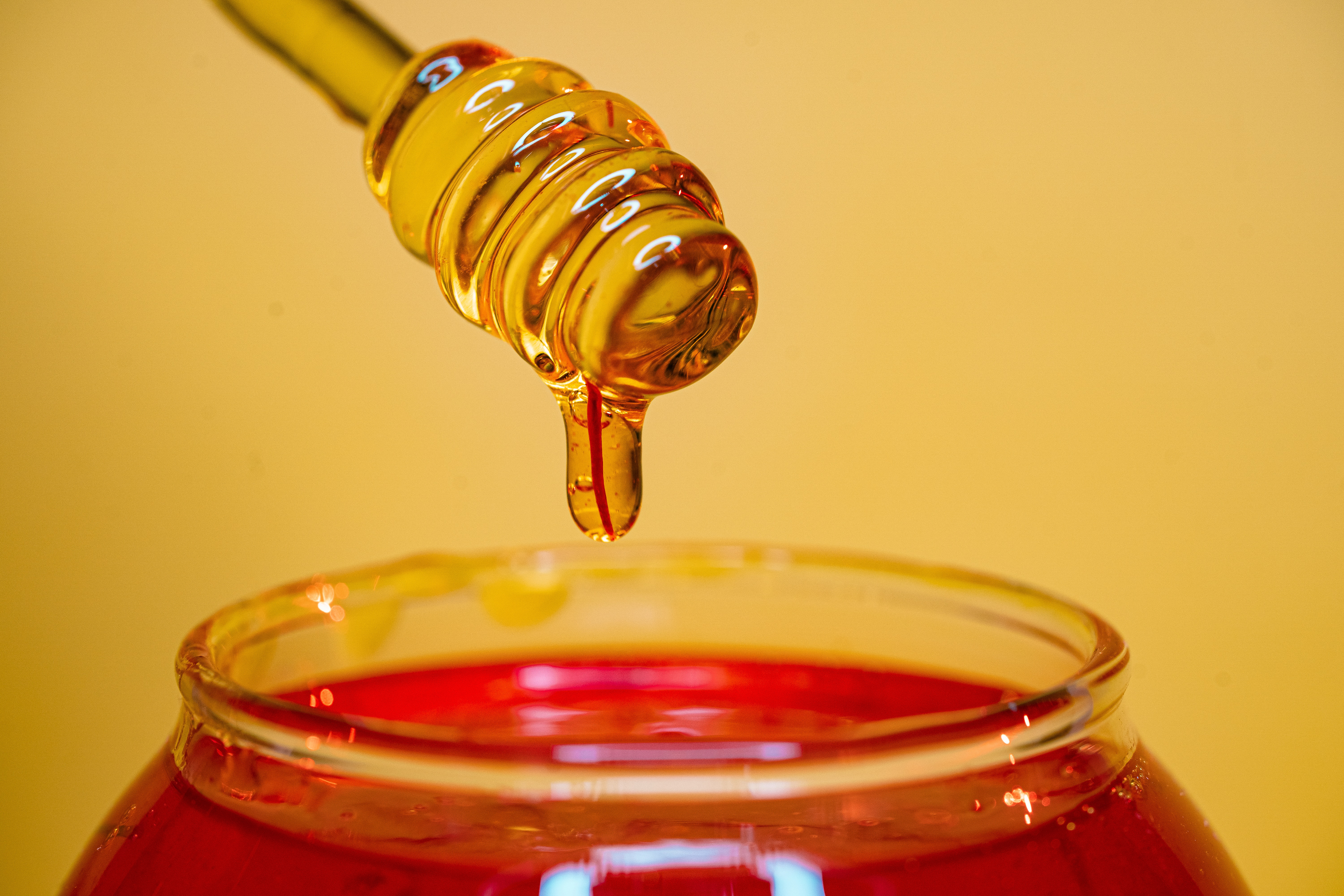 Photo by Benyamin Bohlouli on Unsplash
Photo by Benyamin Bohlouli on Unsplash
Lastly, despite its natural origins, honey can trigger allergic reactions in some individuals. Like nuts and shellfish, honey should not be introduced so soon, as an infant’s immune system doesn’t know how to fight off potential allergens. In infants, allergic reactions can be severe, including rashes, difficulty breathing, and even anaphylactic shock.
Starting from around the age of one, when the digestive system is mature enough to handle Clostridium botulinum spores, parents can begin introducing honey into their child's diet. Even then, it's essential to remember to use honey sparingly due to its high sugar content. It’s also important to note that this rule extends to any and all foods or baked goods that contain honey.
When it’s time, you can introduce honey into your infant’s diet by adding it to oatmeal, spreading it on toast, mixing it into yogurt, and even adding it to smoothies. After your child reaches that one-year mark, they can begin to enjoy all the benefits that honey has to offer, including its delicious taste.
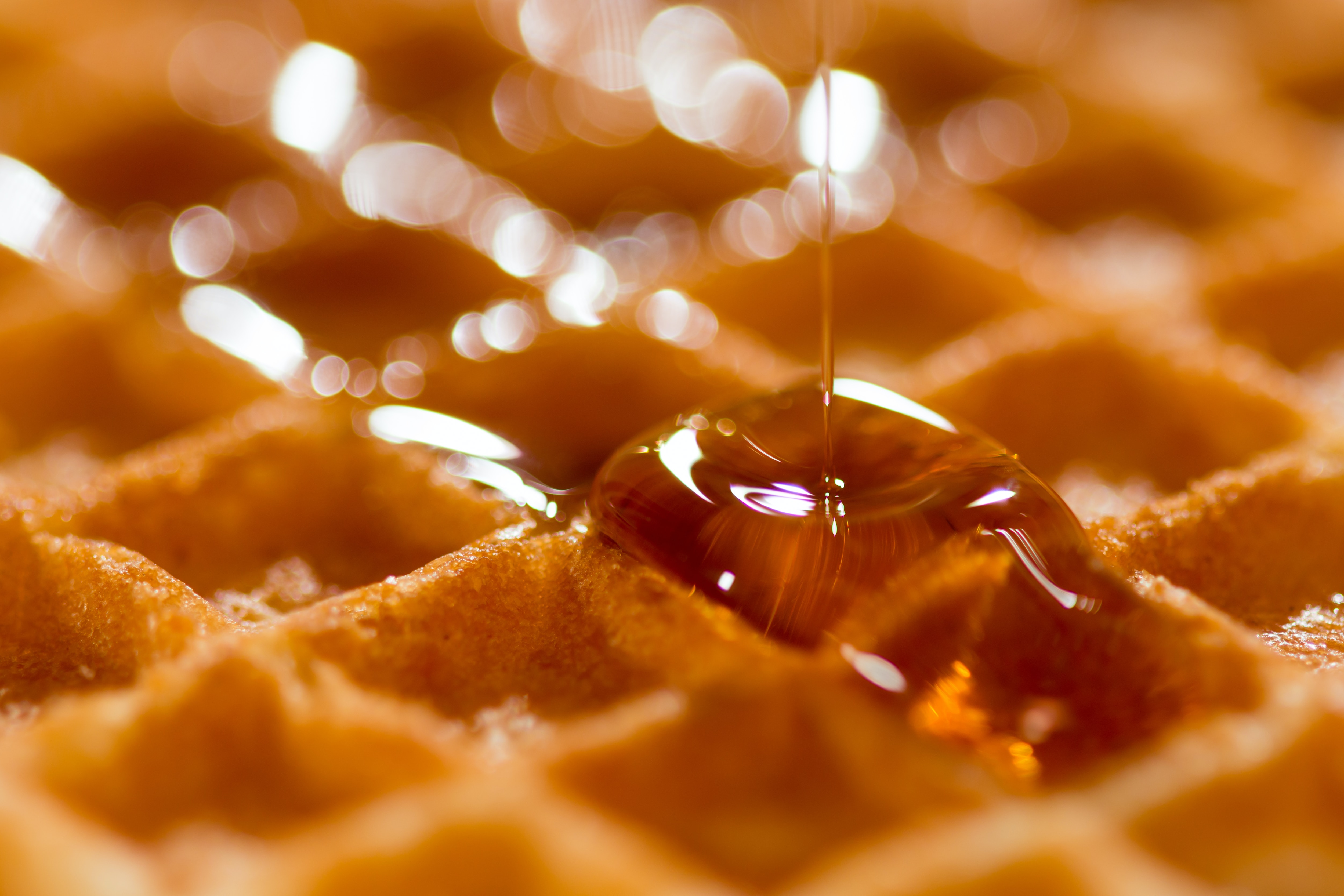 Photo by nabil boukala on Unsplash
Photo by nabil boukala on Unsplash
Overall, honey is a natural and nutritious food source with several health benefits for older children and adults. However, for infants under one year, it carries considerable risks, including potential exposure to botulism, early onset of sweet cravings, and possible allergic reactions. Therefore, it's recommended to postpone the introduction of honey until after the child's first birthday to ensure they grow and develop healthily and safely.


